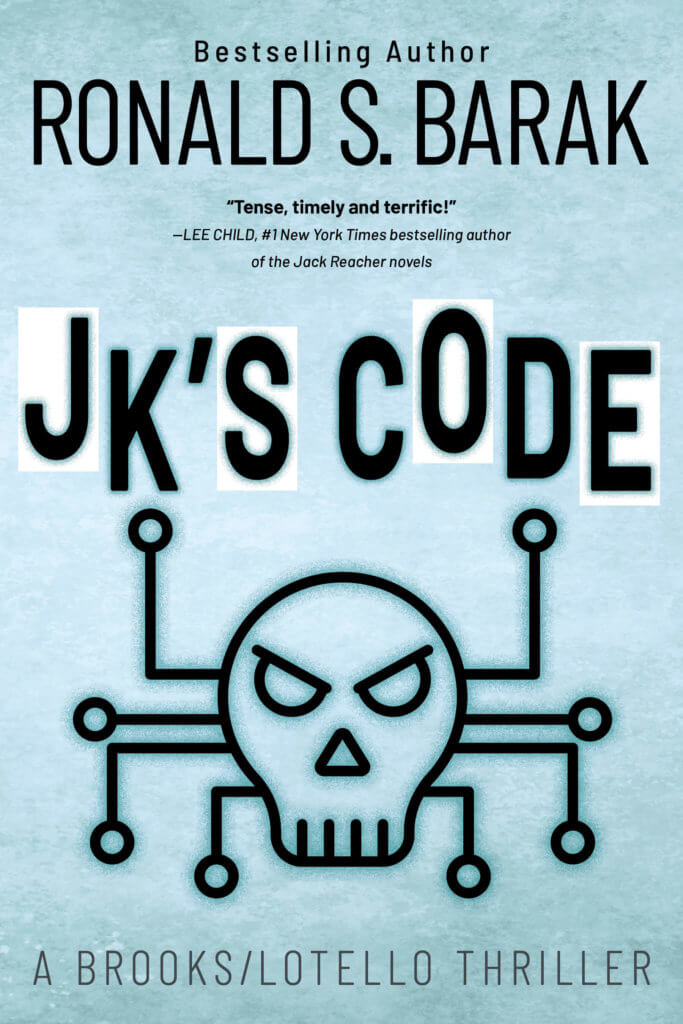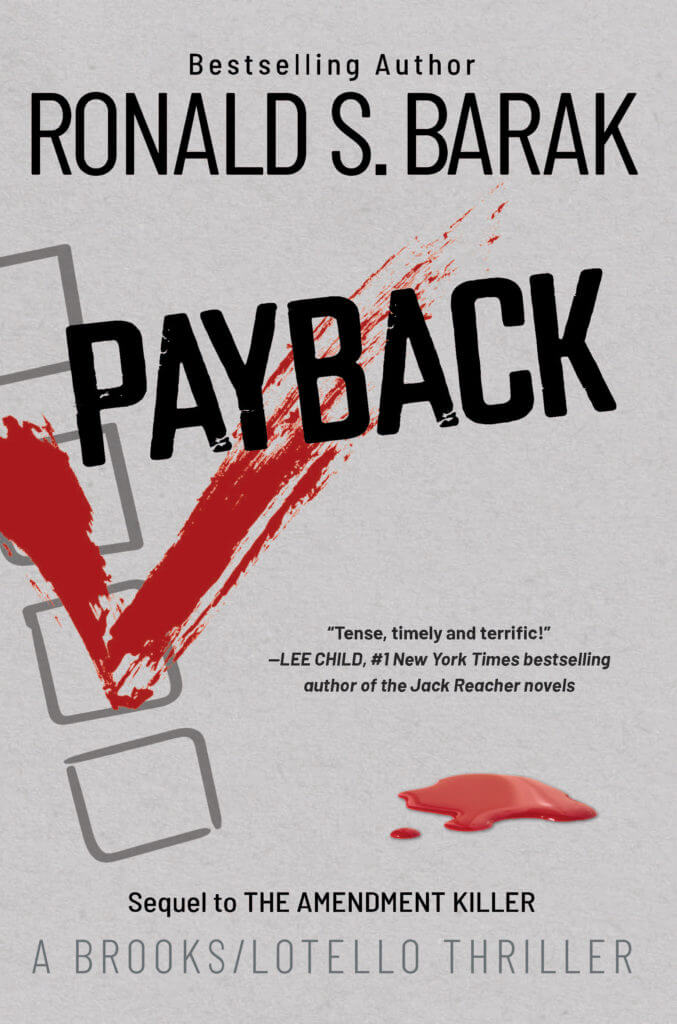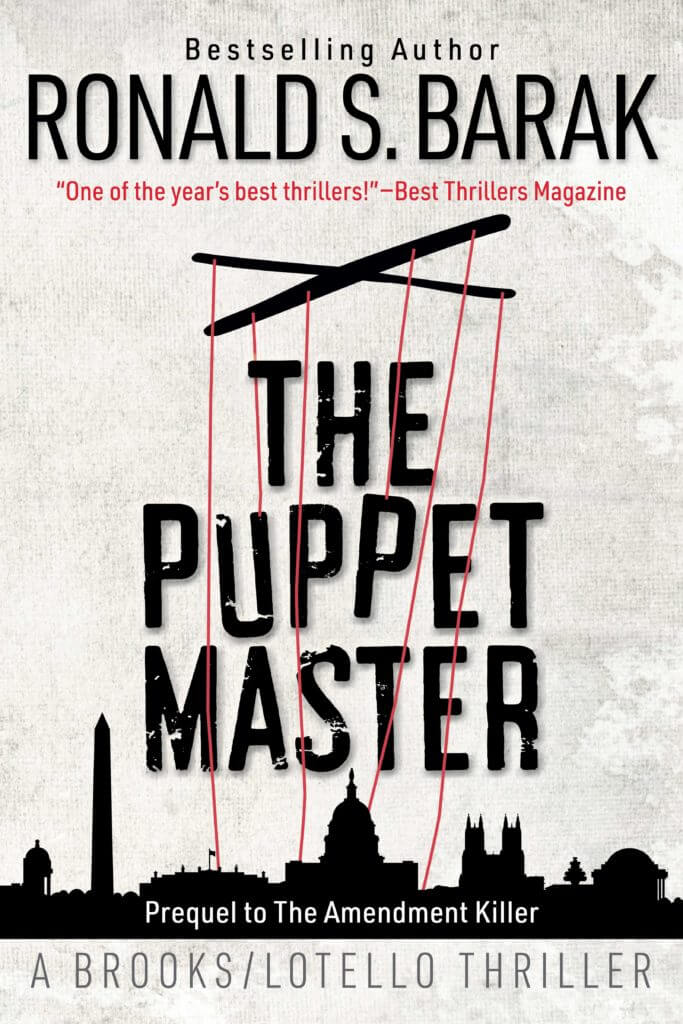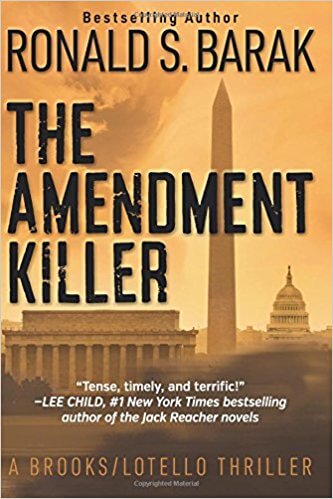 Ever wonder what explains how society has such a propensity to generalize and overreact? Do you think that’s because it takes less time and energy to function on automatic pilot rather than . . . using your thought processes?
Ever wonder what explains how society has such a propensity to generalize and overreact? Do you think that’s because it takes less time and energy to function on automatic pilot rather than . . . using your thought processes?
In California, a former physician was just sentenced to 30 years to life behind bars for murdering three of her patients by an irresponsible pattern of repeatedly prescribing too much pain medication for each of them. (They were not connected and didn’t know one another. Their only common characteristic was, unfortunately, sharing the same doctor and losing their lives on her watch and under her “care.”) In spite of her all too belated apologies and her rationalizations that these tragic events were the fault of everyone but her (her education and training were inadequate, her patients took advantage of her kindness and empathy, the devil made her do it, and it was a dark and stormy night), her remarkably calloused earlier attitude would certainly seem to warrant her all too late loss of license to practice medicine (academic at this point) and her jail sentence.
Bad story with a good ending? Not if you look more closely. More precisely, bad story with a bad ending. Enter that automatic pilot. The “easy” way out. The problem is the ripple effect and that ever present pendulum, about which I speak from time to time.
Many doctors are now reporting that they will no longer write pain medication prescriptions for those patients who suffer from chronic (long term) medical conditions. And malpractice insurers are now encouraging, if not requiring, their doctor insureds other than pain management specialists to cease and desist from writing any such prescriptions—unless they don’t mind doing so without any insurance coverage for any resulting claims against them for doing so.
Indeed, there is plenty of abuse out there: Patients hooked on pain meds (perhaps originating with a legitimate prior condition, but evolving into full-on addictions as serious as alcoholism and Cocaine, Heroin and other drug addictions), and doctors wanting to subsidize their incomes by abusing their prescription pads. However, one way or another, society has to step in and prevent emotional overreactions to proper prescription of pain meds.
To be sure, better training and better oversight are needed. Of course, the abuses need to be eradicated. But we cannot mindlessly throw the baby out with the bath water. On automatic pilot.
Tens of thousands of persons suffer from chronic pain conditions. They genuinely, and legitimately, require responsible competent professional care and assistance—and meds—in order to cope and lead the fullest and most productive lives possible. We cannot abandon them just because of some bad seeds.
We must design and implement systems to weed out those who need to be weeded out without denying help to those who need proper medical assistance–and without placing those who provide it responsibly and ethically at undue and uninsured risk for doing so.
Can’t we kill the overkill?
Join the discussion either by logging in just below or by signing into your favorite social media outlet. If you’re having trouble, please follow these instructions to guide you! Thanks!







